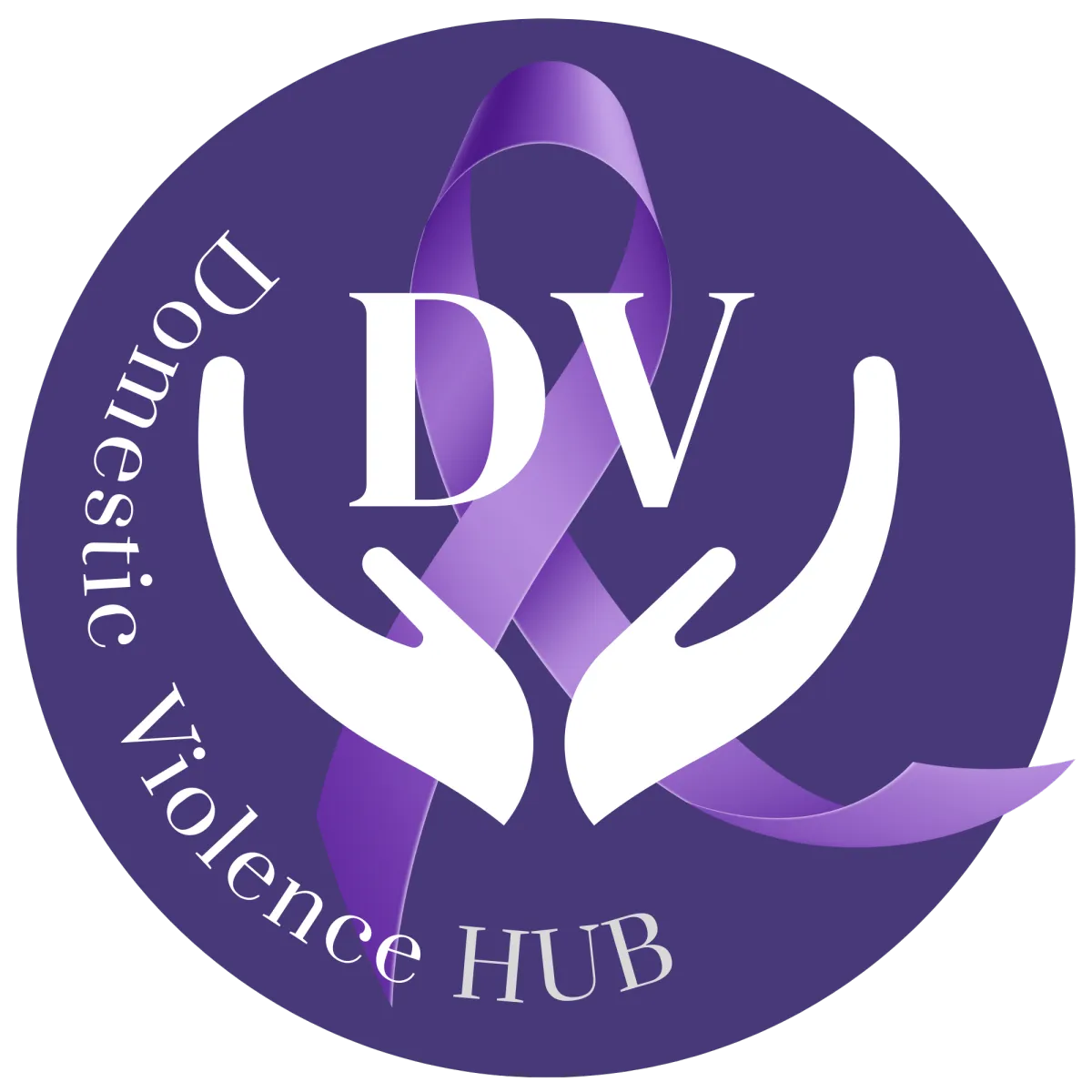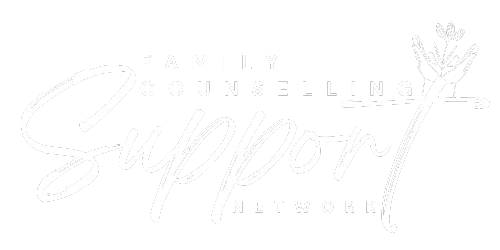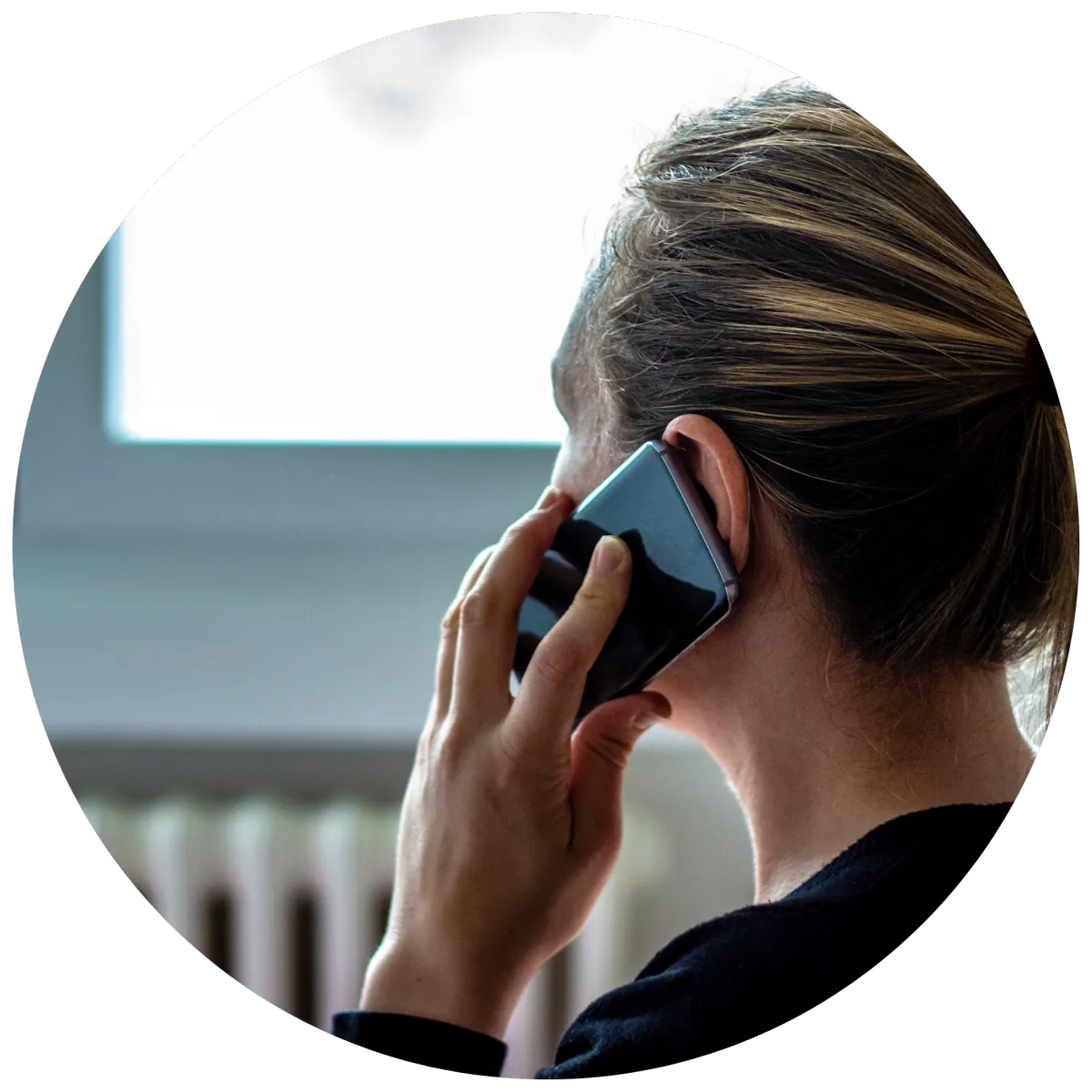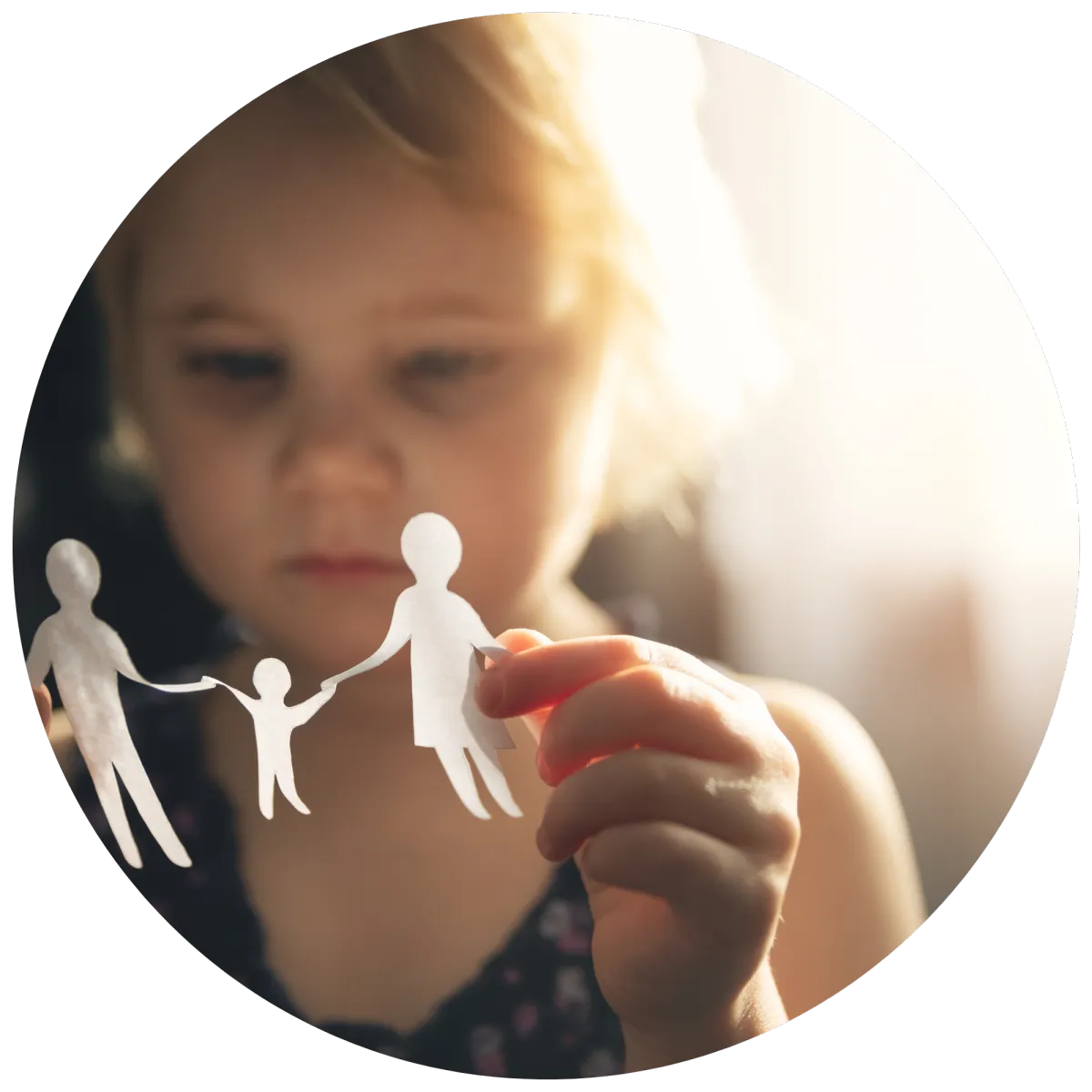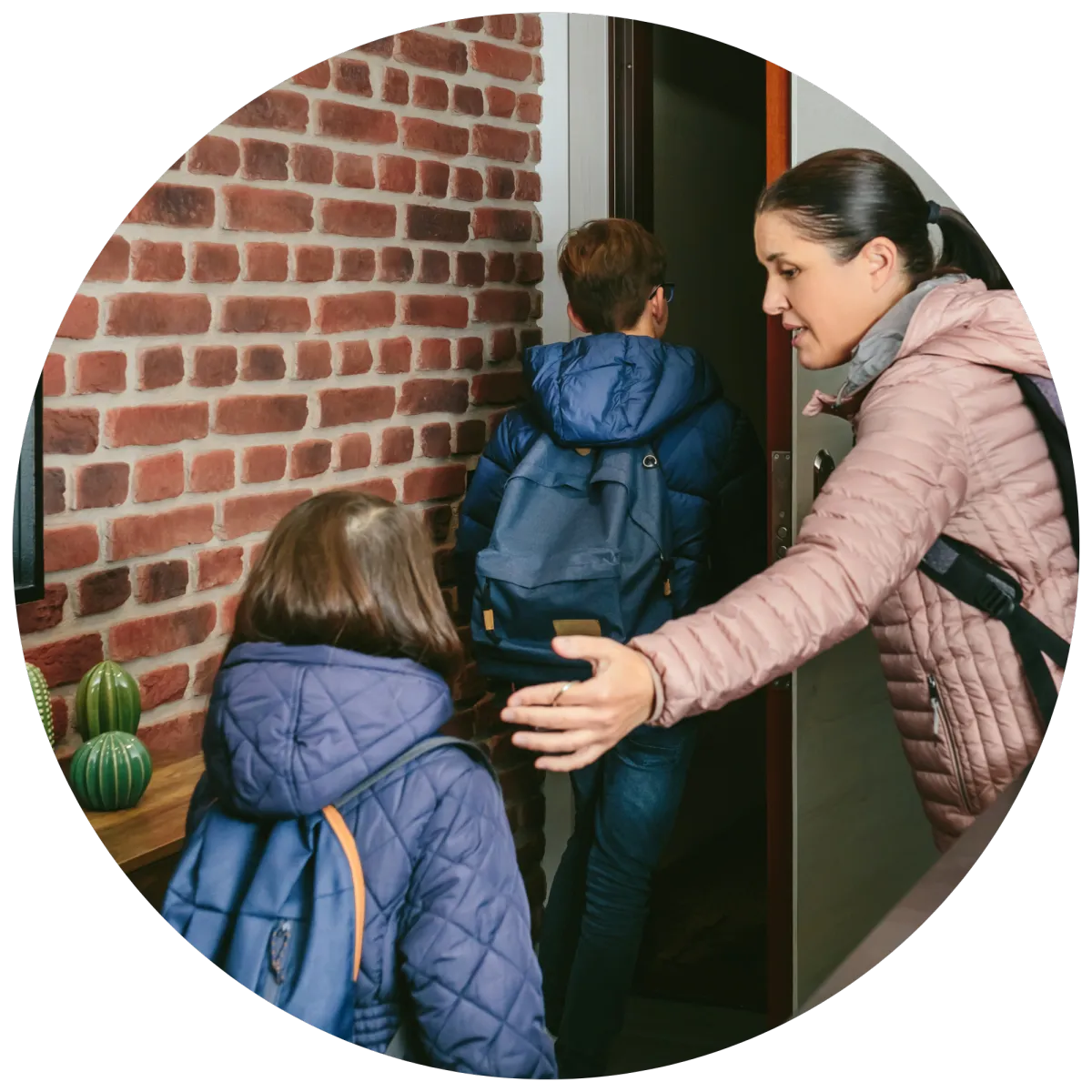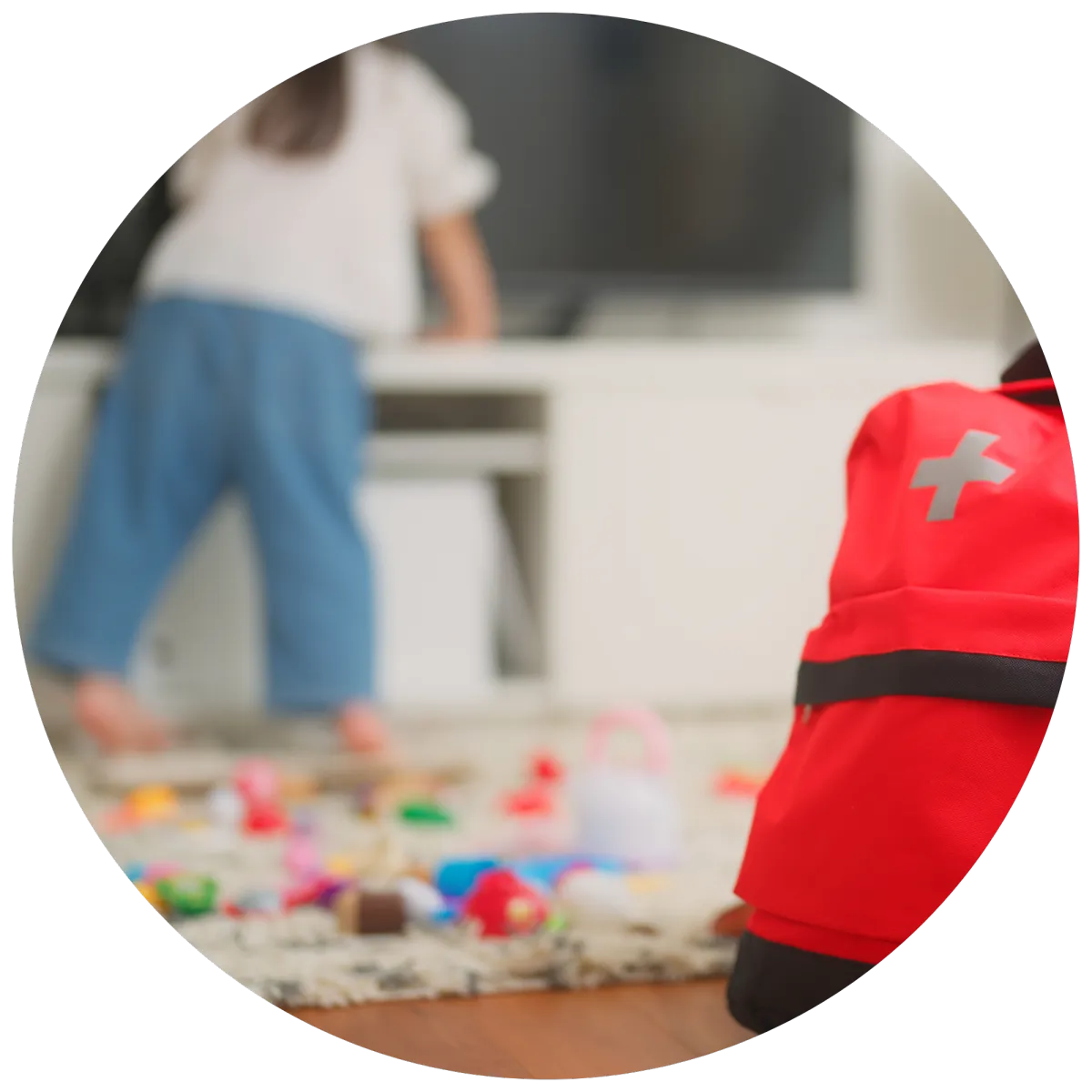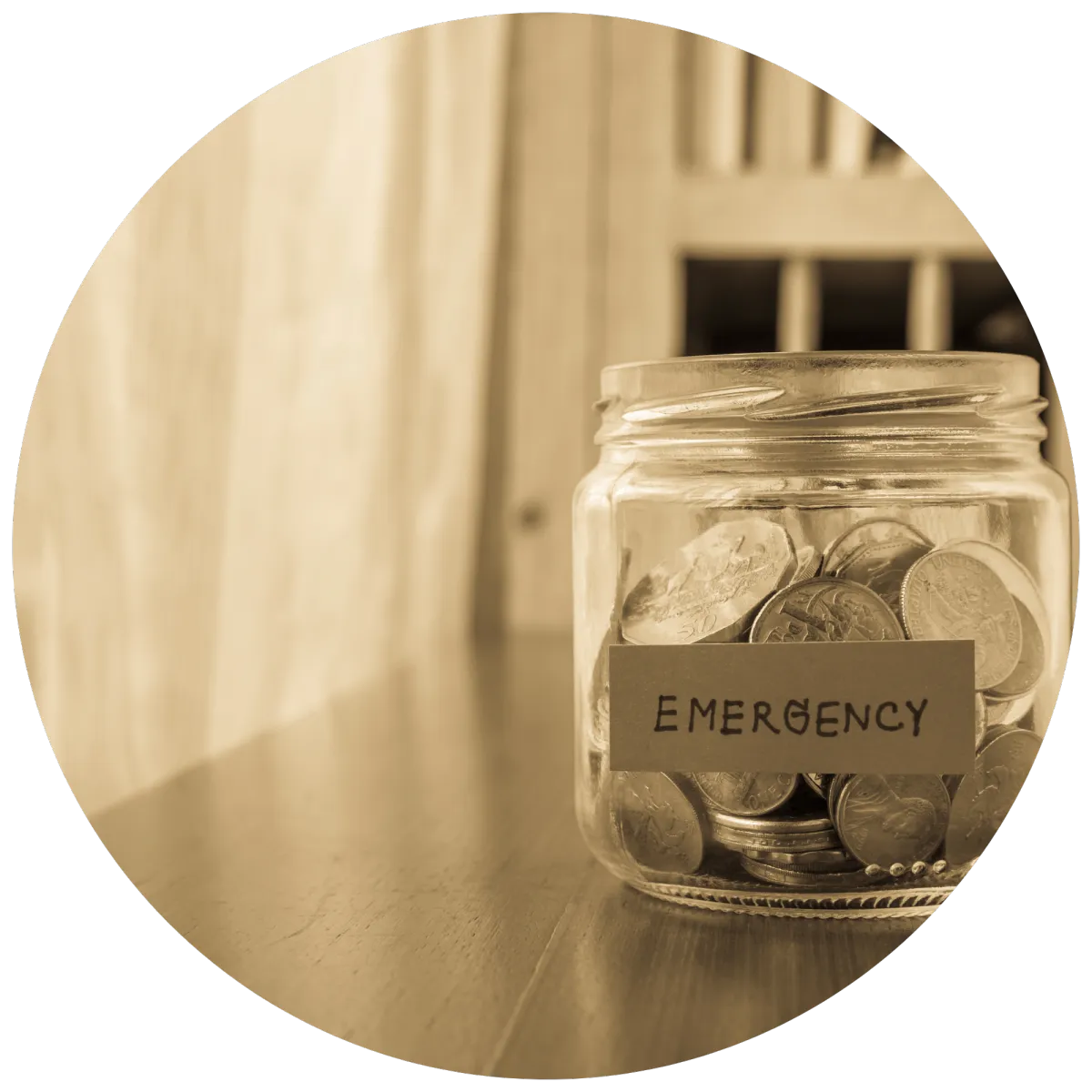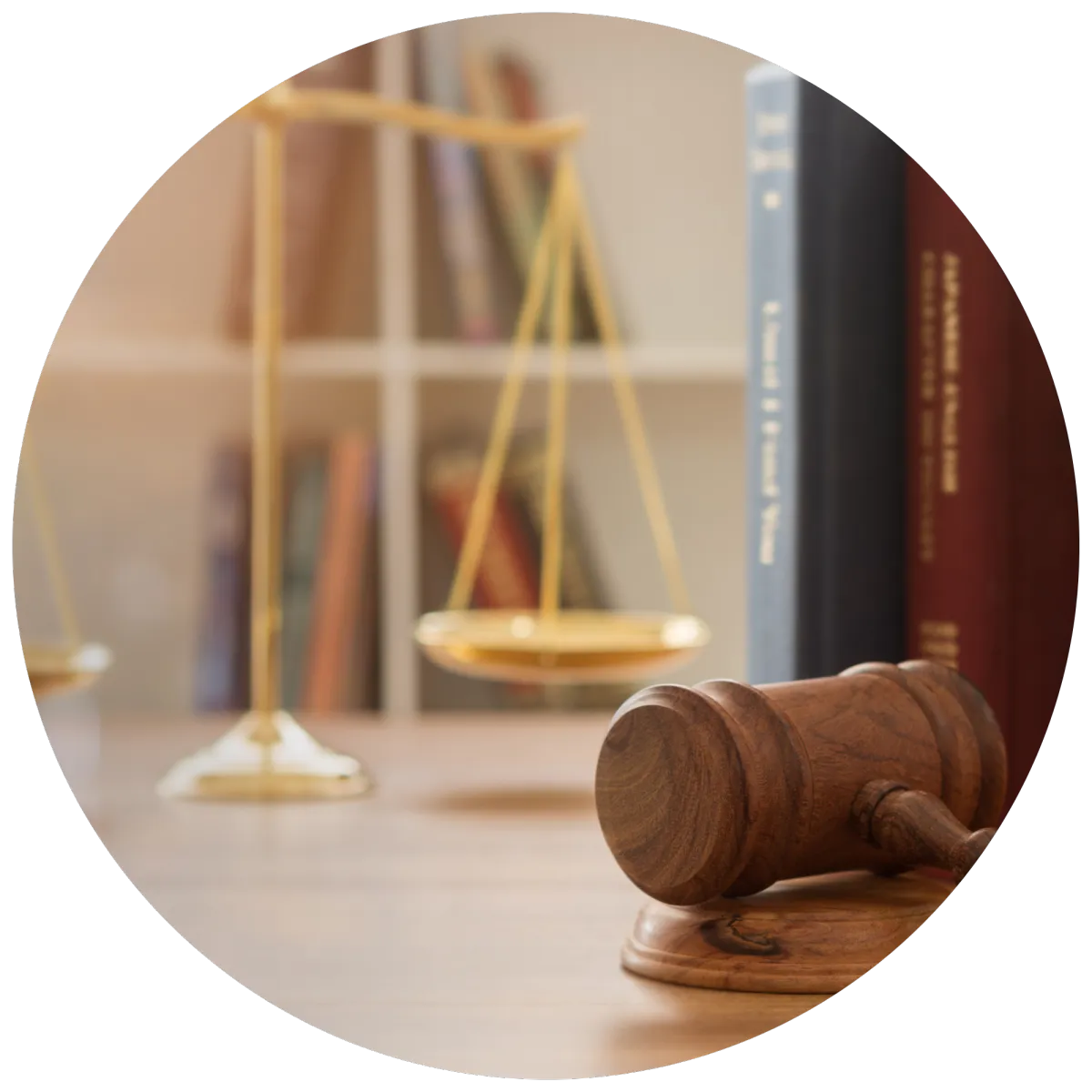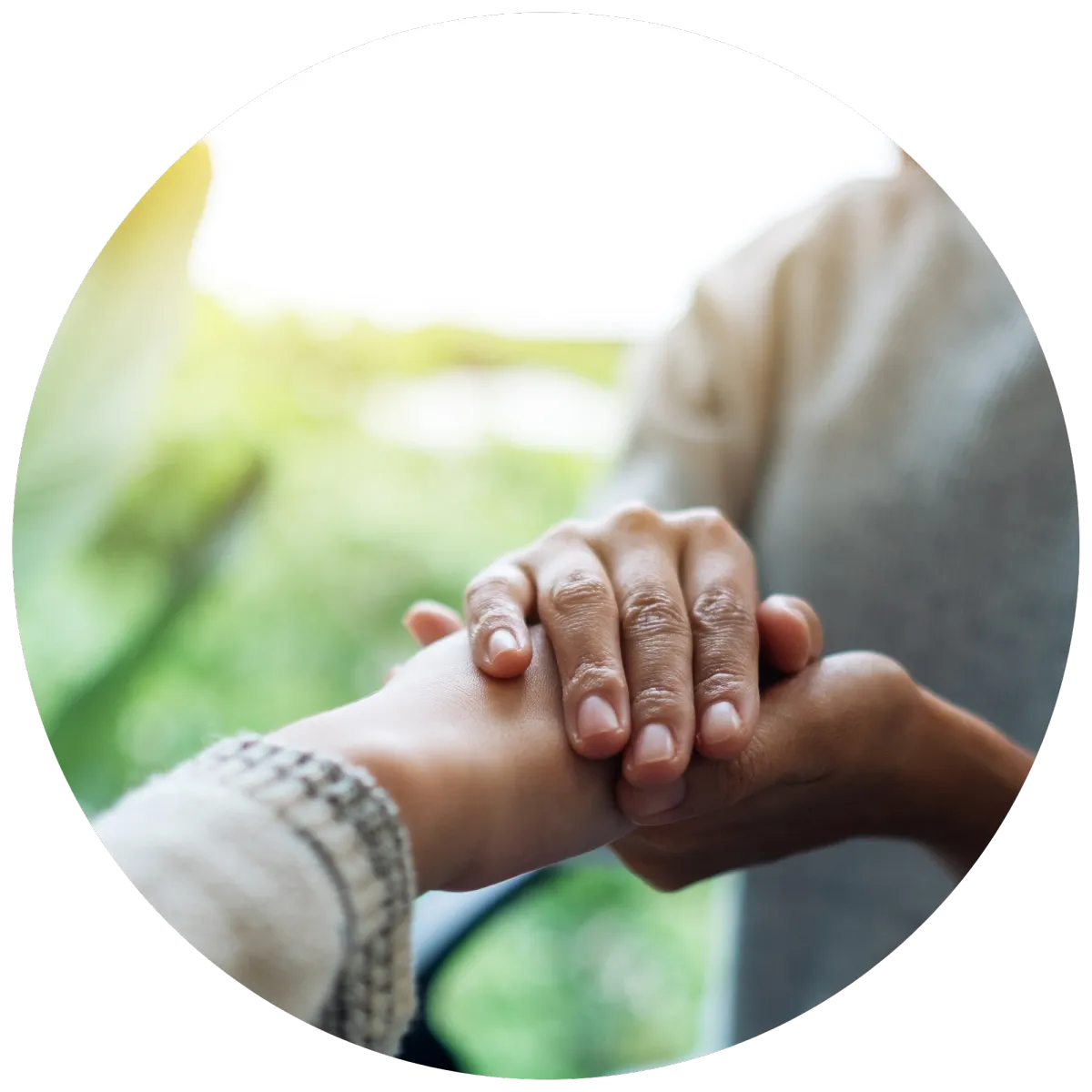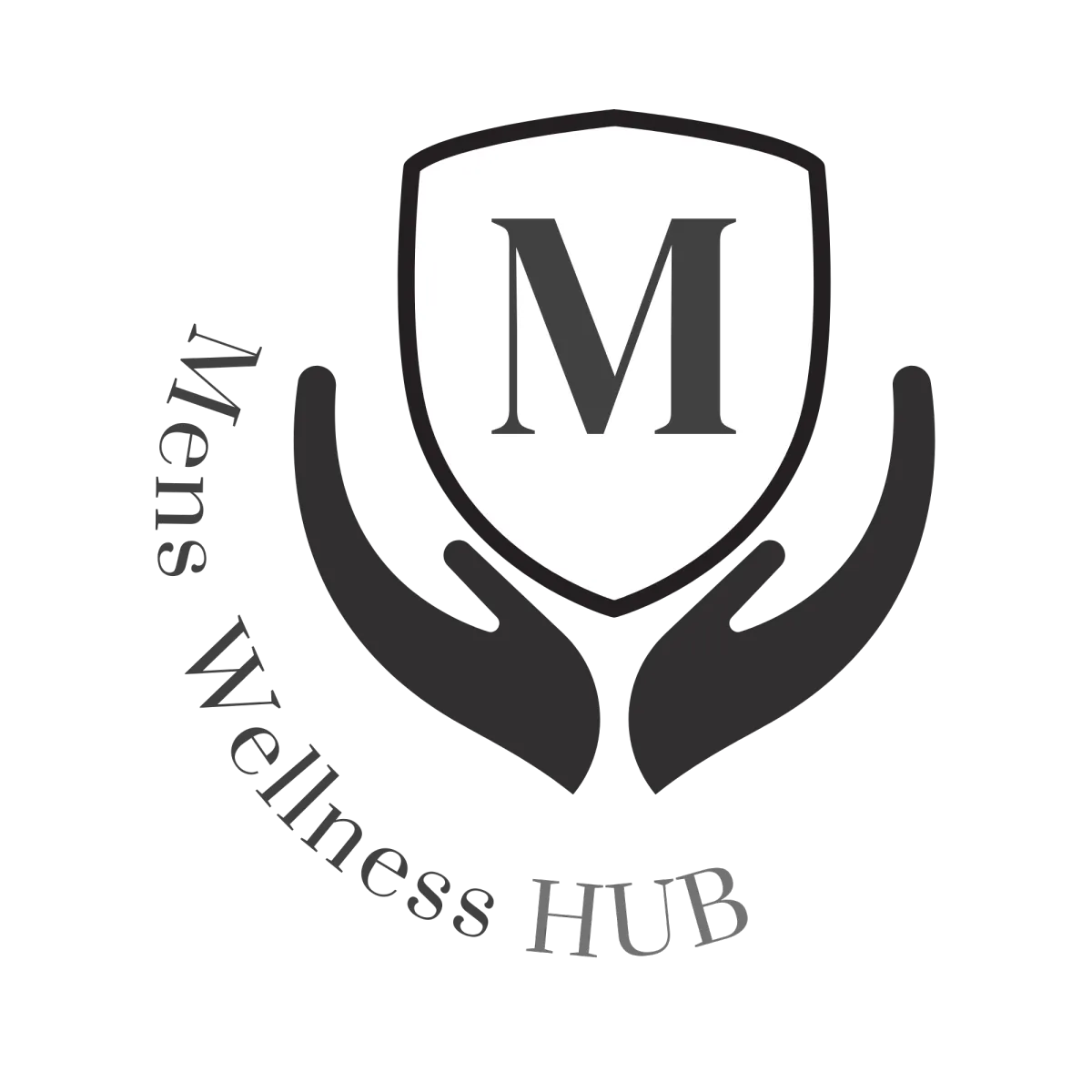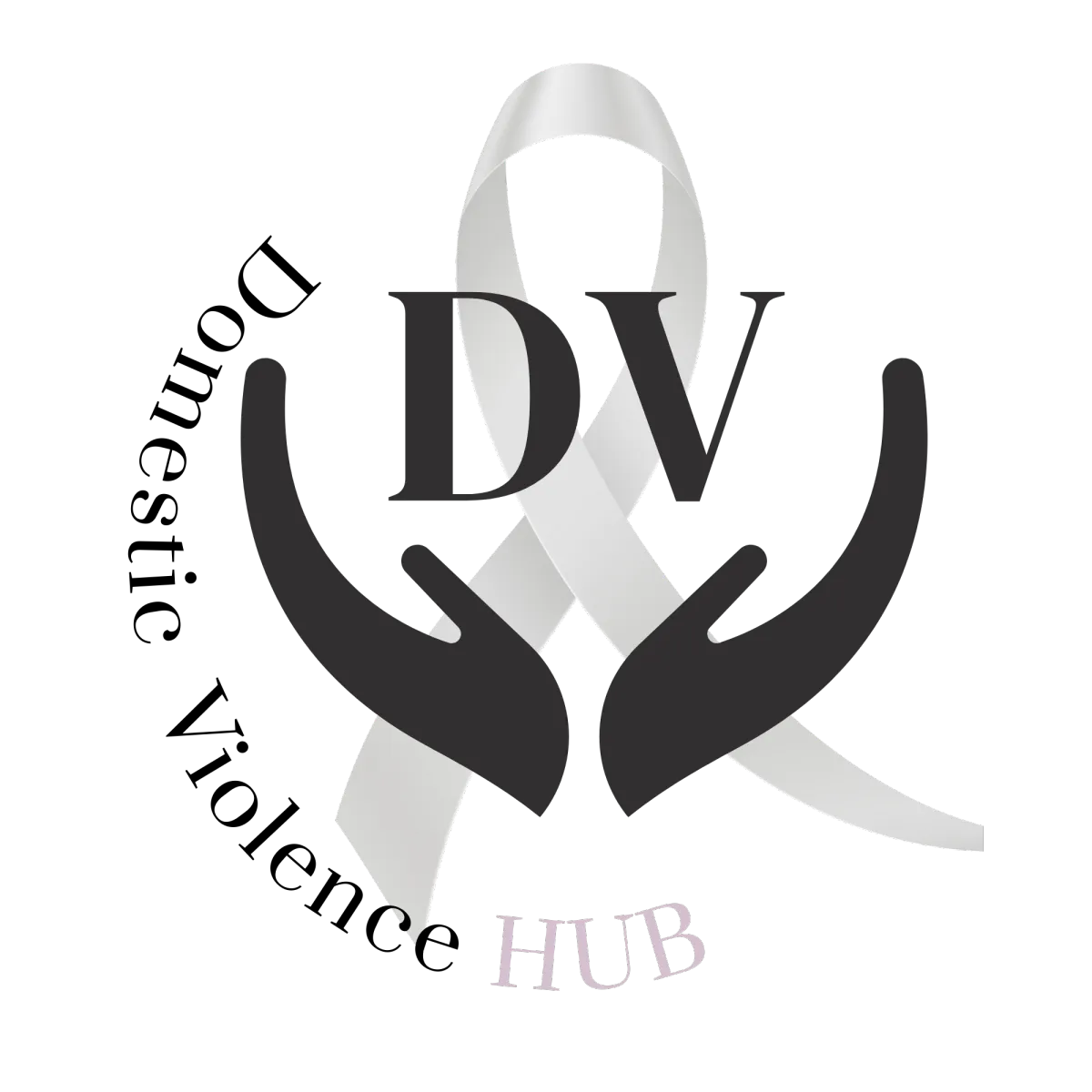Welcome to the Australian
DV Support Hub.🫂
(This website is currently under construction)
The DV Support Hub, provides FREE consolidated information on Australian domestic and family violence matters.
It is just one of the many hubs provided for free through Family Counselling Support Network, to Australians. If you, or are family member, are facing family and domestic violence or supporting someone who is, this hub provides information, resources and a guide on how to find support, keep safe, access resources and move forward safely with independence and greater confidence.
We endeavour to keep this information as up to date as possible.
This site is dedicated to the memory of all those who have lost their lives and the resilience of survivors.
If you have arrived at this hub because you or your loved one or friend is in need of support, we are extremely proud of you.
If you have arrived at this hub because you are seeking support to help find solutions to deal with your emotions, great move, we are also here for you to get the support you need.
Please know there is love and support for you. You've Got This.
There is never an excuse for abuse.
Meet our Ambassadors & Panel Members
Sabeel Burgess
We are very honoured to have Sabeel Burgess, CEO of Open Haven Ltd, and highly regarded domestic and family violence advocate, as one of our hub's ambassadors. A former high school teacher with 20 years of experience, including working with juvenile offenders, she successfully transformed Open Haven into a highly regarded post-crisis domestic and family violence NFP service provider, empowering survivors of domestic violence to realise their goals, offering long term recovery support services such as personalised 'restoration plans' to help survivors become supported and self-sufficient, driving lessons, job preparation, and legal referrals.

Kelly Gurski
With are incredibly honoured to welcome Sergeant Kelly Gurski as an ambassador for the DV hub. Kelly has devoted 30 years to policing, 14 as a domestic and family violence liaison officer. In 2024 she was awarded an Australian Police Medal for her dedication supporting victim-survivors of domestic and family violence and the impact of trauma, violence and abuse on their physical, mental and social wellbeing. Kelly is also an ardent supporter of the charity RizeUp, mother of six and a keen sportswoman who has featured on Adventure All Stars, fundraising for DV.

Susan Crain
Susan is a lawyer, with a background in psychology and counselling. She has worked for over 30 years supporting clients with family law and domestic violence matters. Susan has worked with many community groups including Caxton Legal Centre, Gold Coast Community Legal Centre, Act for Kids, Rize Up, and Open Haven, where she currently sits on the Board of Directors.
Susan is CEO and Founder of Separation Support Network and Family Counselling Support Network.

Aaron Schultz
CEO and Founder of The Outback Mind Foundation, a grass roots health promotion and education charity, focused on empowering regional men to take a proactive approach to looking after their mental health and to reduce the risk of men committing acts of domestic and family violence. Aaron's vision is to improve the emotional literacy of more regional men to help them live calm, conscious and connected lives.
The charities, Boiling Point documentary is a very powerful conversation starter shining light on the realities of domestic violence and male mental health, and real life stories of men who have turned their lives around. www.outbackmind.org.au

Mark Colwill
Counsellor
Mark is dedicated to helping you achieve your goals in overcoming the challenges you face during times of mental and emotional difficulty. Whether you are suffering with addiction, anxiety, depression, gambling habits or anger he works with you to take back control with professional counselling.

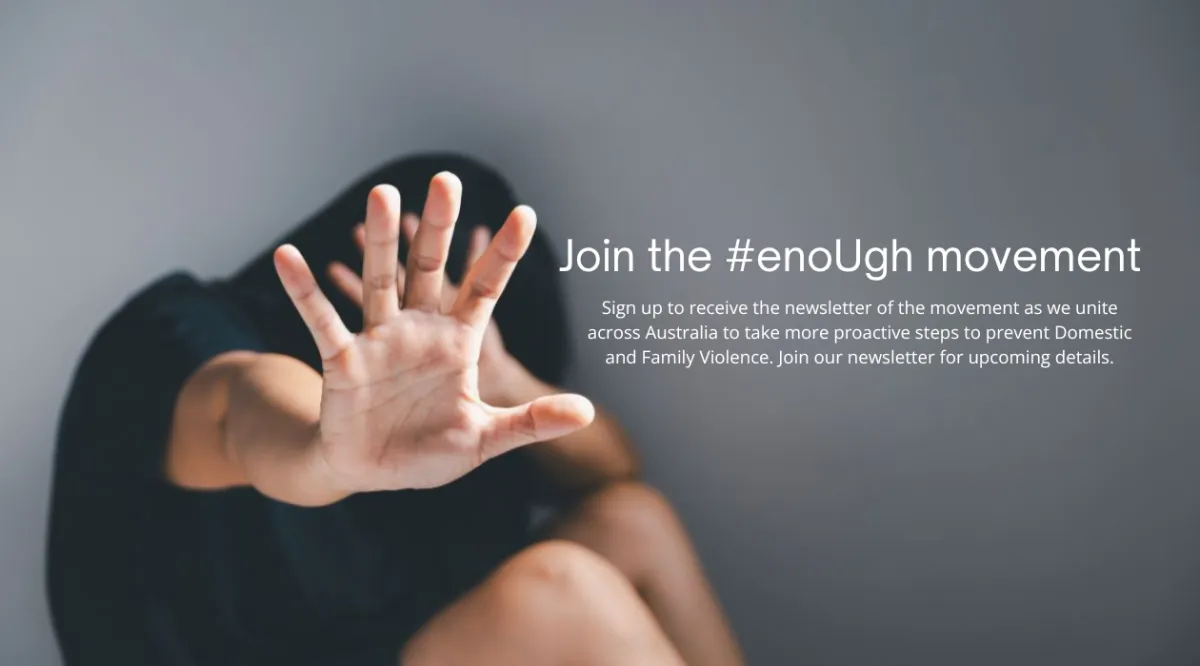
Domestic & Family Violence Hub
Finally the Support You Need All In One Place!
Emergency Support in Australia
PLEASE NOTE: IF YOU OR YOUR FAMILY ARE IN IMMEDIATE DANGER, CALL 000
FOR POLICE AND AMBULANCE HELP
With so many silo service providers offering assistance in Australia, we endeavour to explain their roles, how they interact and how to obtain their assistance for you and your family.
HELP IS AVAILABLE
🫂Emergency Contact Numbers and details of the service providers including 1800RESPECT (the 24 hour national sexual assault, family and domestic violence counselling line)
🫂How to access medical emergency support
🫂How to access mental health emergency support
🫂What if I need a translator or interpreter to get emergency help?
🫂Other emergency crisis support Nationally and State based
We endeavour to update these details on a regular basis as required but please immediately notify us if you believe there is any error in the detail or the service has discontinued.
What is Domestic and Family Violence?
🫂What amounts to Domestic and Family Violence? Checklists to help.
🫂Details of the new Australian laws relating to stalking and coercive control
🫂Explain the difference between domestic abuse, family violence and child abuse
🫂Who can become a victim?
🫂LGBTQ relationships and domestic and family violence
🫂Teen dating violence
🫂Technological/online abuse
Please note: the checklists are not exhaustive, to cover every scenario, but will assist you to reduce your risks.
What are the 'Red Flags' of DV?
(warning signs)
It’s not always easy to tell at the beginning of a relationship if it will become abusive. In fact, many people who are abusive may seem absolutely perfect on the surface — as if they are the dream partner — in the early stages of a relationship. Possessive and controlling behaviors don’t always appear overnight but rather emerge and intensify as the relationship grows. That’s why it’s important to know the red flags of abuse.
There are often a number of warning signs 'RED FLAGS' that a relationship is or will likely become abusive.
🫂What are the Red Flags to look out for in a new relationship?
🫂Education and programmes - for you, your children, schools and public
Reporting suspected child abuse
Child abuse can be a single incident or several incidents that take place over time. It may not involve family members.
Child abuse must be reported if a child has suffered significant harm, is suffering significant harm, or is at risk of suffering significant harm.
🫂What is child abuse? How does it differ from domestic and family violence?
🫂How to recognise potential child abuse
🫂What to do if you suspect child abuse
🫂Why you should report child abuse
🫂What to expect after a report is made
🫂Impact of abuse and domestic and family violence on children
How to help someone at risk of DV
SEE
TALK
OFFER SUPPORT
PREVENT
🫂How to help someone you think or know is affected by domestic and family violence
🫂How to verbally respond to someone experiencing domestic and family violence
🫂Key signs someone is potentially being abused
🫂Key signs someone may be an abuser
🫂Personal reflections from survivors
🫂Business support to help employers support employees
🫂Trauma and Counselling support
Safety Exit Plan
Whether you are considering leaving or have left, we provide guidance on preparing a safety exit plan in advance.
🫂Keeping your home safe
🫂How to prepare an immediate escape from the home
🫂What to consider and prepare as part of the exit safety plan
🫂Documents and evidence and packing your bag to take if safe to do so
🫂How to apply for an emergency Family Violence Restraining Order
Please note: the checklists are not exhaustive, to cover every scenario, but will assist you to reduce your risks.
Emergency Help with Accommodation
🫂How and where to access safe emergency housing and accommodation after leaving a harmful relationship?
🫂What are the emergency accommodation options?
🫂Am I eligible for emergency accommodation?
🫂Things to take and prepare
🫂Applying for longer term accommodation support
🫂Rent Assist and other government support
We endeavour to update these details on a regular basis as required but please immediately notify us if you believe there is any error in the detail or the service has discontinued.
Emergency Access to food and other key personal items
🫂How and where to access emergency food items
🫂Are we eligible for emergency access to food?
🫂How long will I be allowed to access emergency food and other personal items?
🫂How to access food and other key personal items after the initial emergency
We endeavour to update these details on a regular basis as required but please immediately notify us if you believe there is any error in the detail or the service has discontinued.
Emergency Access to financial assistance
🫂Am I eligible for financial assistance?
🫂What government financial assistance is available?
🫂How do I apply for financial assistance?
🫂Where do you get the forms from and how to complete the forms?
🫂What if I need help to complete the forms?
🫂What if I don't have Australian residency?
We endeavour to update these details on a regular basis as required but please immediately notify us if you believe there is any error in the detail or the service has discontinued.
DV Police & Legal Processes
There can be some confusion and concern regarding making a complaint, the process, the evidence, the protection and the legal process from beginning to end.
🫂What can I do if I am a victim of domestic abuse?
🫂What to expect if I make a report?
🫂Urgent versus non urgent applications for a protection order
🫂Understanding the documents and filing
🫂What are the timings of getting protection?
🫂Do I need legal help?
🫂Do I need to go to court?
🫂What if someone lies about DV? What are my rights if falsely accused?
🫂What happens after we get the protection order?
🫂What if they breach the protection order?
Evidence Gathering to prove the abuse
In order to support any claim for domestic or family violence and/or child abuse there needs to be credible evidence. It is important to record as much detail as possible (but ensuring you remain safe). The information you gather can potentially be used by policeas evidence.
We explain how to do this, what the police and courts require and what is legally able to be obtained and presented.
Longer term financial independence
🫂Credit scores and credit reports
🫂Obtaining a loan or refinancing
🫂Financial counselling
🫂Getting debt under control
🫂Career assistance
🫂Dealing with debt collectors
🫂Child support and other government assistance
🫂Financial course and resources
🫂Legal aid or community legal assistance
Co-parenting Challenges & helping the kids
Poor quality co-parenting relationships are commonly associated with negative effects for the victim/survivor and the children. Both divorce and violence-related concerns and experiences will influence cooperating relationships with the former partner.
We provide guidance on:
🫂Co-parenting when there are genuine fears for yours and/or the family safety
🫂How the courts look at 'best interests of the child' if there are safety concerns
🫂How to remain personally safe during co-parenting
🫂The appointment of an independent children's lawyers (ICL)
🫂Details about family reports
🫂Supervised access, handover and handover centres
🫂How to claim child support and maintenance and obtaining financial support.
🫂How, when and to whom to report safety concerns that have arisen
🫂Consequences for intentionally making false allegations about another person
🫂Drug and alcohol addictions and the courts view on parenting and testing
🫂Remaining safe with IT and tracking when co-parenting
🫂Use of parenting apps and documenting
Support for those committing abuse/violence
& strategies to effect greater change
🫂Am I abusive? Checklist.
🫂Anger management courses available
🫂Stress management and resilience courses
🫂Counselling support and programs
🫂Support networks and programs
The Tragic Statistics
🫂Affirmative consent laws
🫂What influences family, domestic and sexual violence? (aihw,gov,au)
🫂Education programmes
🫂Rites of Passage, Role Models and Reconnect programs
🫂Respect You, Respect Me.
🫂Changing the view on masculinity
🫂Pushing for change with child support enforcement
🫂White Ribbon Australia - global social movement
🫂Further reform needed
Reclaiming YOU!
Get back your life and find your happier place.
🫂Self care
🫂Women's Wellness Hub www.wellnessmenopausehub.com
🫂Men's Wellness Hub www.menwellnesshub.com.au
🫂Rural Support Hub - www.ruralsupporthub.com
🫂Counselling, Psychology, Trauma support
🫂Support networks
🫂Separation/Divorce support
🫂Career support
🫂Future relationships
🫂Breaking the cycle
Domestic & Family Violence Blogs
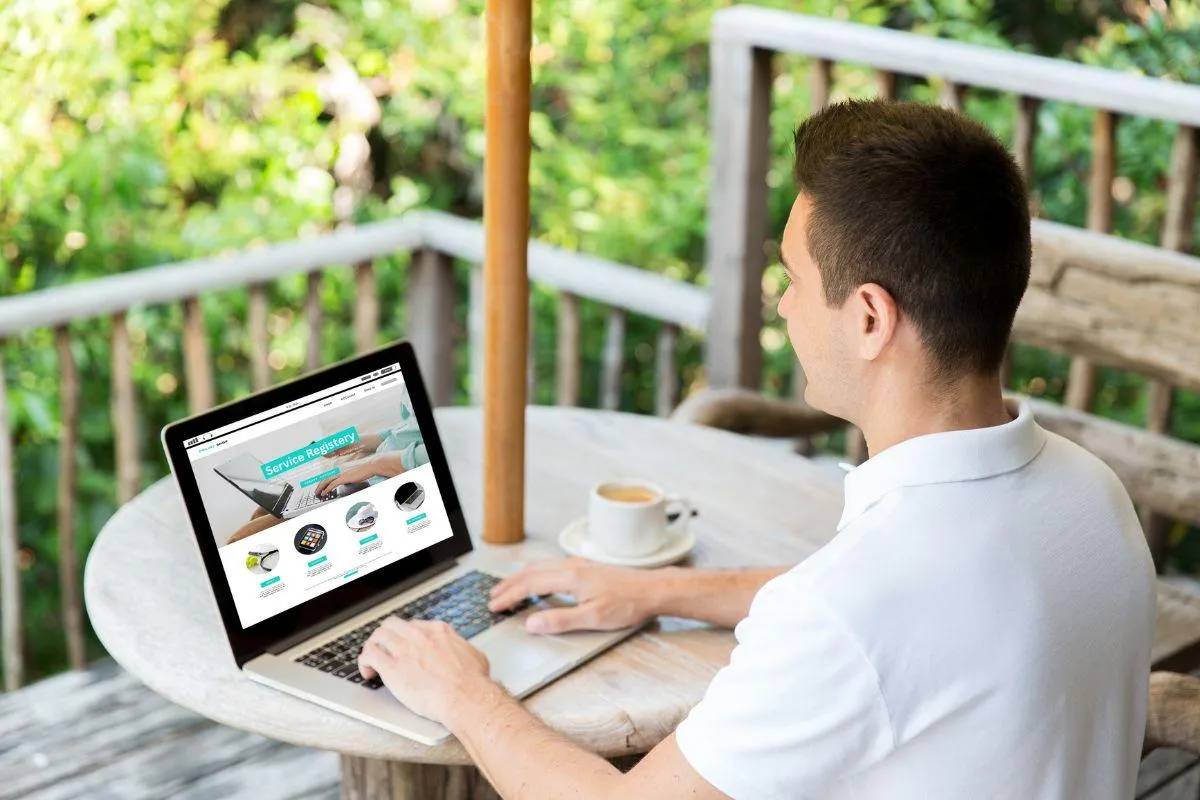
Time to disconnect from work?
IS IT TIME TO DISCONNECT FROM WORK........?
The right-to-disconnect legislation has made strides in promoting work-life balance and setting clearer boundaries, which is a positive move toward healthier workplace cultures. However, it also brings new psychological challenges. For some, disconnecting from work can lead to feelings of isolation, anxiety about falling behind, or uncertainty about how to spend the time once dedicated to work. This raises important questions about how we manage our time and mental well-being outside of work.
It’s completely normal to feel uneasy about change. Adjusting to new routines, even when they’re positive, can feel uncomfortable. It’s a natural part of adapting to something unfamiliar.
If you're struggling to 'switch off' after work, try these tips to create a healthier balance between work and personal time:
1. Set Clear Boundaries: Create a routine that physically and mentally separates work from personal time. Set a specific time to log off and stick to it.
2. Create a Post-Work Ritual: Develop habits that signal the end of the workday, like going for a walk, doing a hobby, or engaging in relaxation techniques. This can help your brain transition away from "work mode."
3. Manage Notifications: Disable work-related notifications after hours to reduce the temptation to check emails or messages. Set boundaries with colleagues to establish times when you're unavailable.
4. Practice Mindfulness: Engage in mindfulness or relaxation exercises to focus on the present moment and reduce lingering work stress. Apps like Headspace or Calm can be helpful.
5. Prioritize Self-Care: Take time for activities that recharge you, whether exercising, hobbies, or spending time with loved ones. Ensure your downtime is restorative.
6. Reflect and Plan: At the end of each day, reflect on your accomplishments and plan for the next day. This can help you mentally close out your work and feel more organized for tomorrow.
7. Seek Support: If you find it difficult to switch off, consider talking to a coach or counsellor to explore why work is bleeding into your time and how to manage it better.
Making these practices a routine can reduce burnout and help you maintain a healthy work-life balance.
#RightToDisconnect #WorkLifeBalance #MentalHealth #EmployeeWellbeing #PsychosocialSafety Sent from my iPhone
This site is brought to you by Family Counselling Support Network
Book in with one of our professionals today
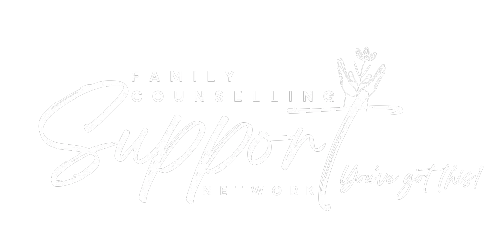

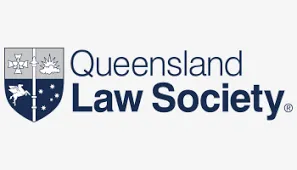
We are committed to protecting your personal information and respecting your privacy. This website uses cookies to analyze website traffic and optimise your website experience. By accepting our use of cookies, your data will be aggregated with all other user data.
DISCLAIMER: The material contained on this website is for general educational and information purposes only and is not a substitute for professional legal, financial, medical or psychological advice or care. While every care has been taken in the information provided, no legal responsibility or liability is accepted, warranted or implied by the authors or Family Counselling Support Network and any liability is hereby expressly disclaimed. For specific advice please contact us at [email protected]. All information contained on the website remains the intellectual property of Family Counselling Support Network and is for your personal educational use only. The information must not be reproduced or distributed without the express permission of Family Counselling Support Network.
Family Counselling Support Network acknowledges and respects the First Nations Custodians of the land where our offices stand, and where we work to help Australians. We pay respects to their Elders, past present and emerging, lore, customs and creation spirits. We recognise that these lands have always been places of ceremony, teaching, research and learning, and we acknowledge the important role Aboriginal and Torres Strait Islander peoples play in our community.
We are committed to providing an inclusive and accessible environment where people and communities of all identities and backgrounds are accepted, safe and celebrated.
Privacy Policy | Terms and Conditions
